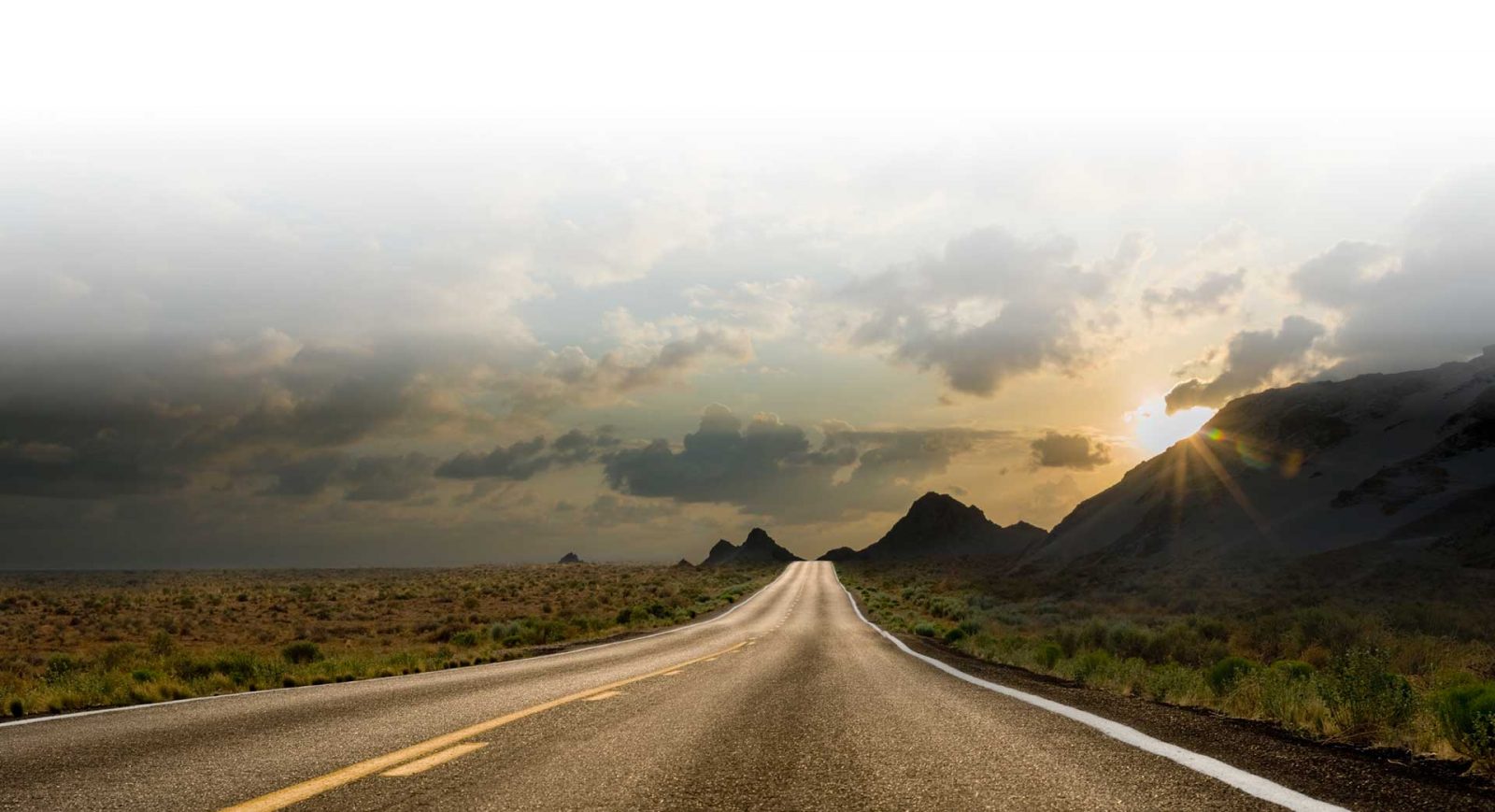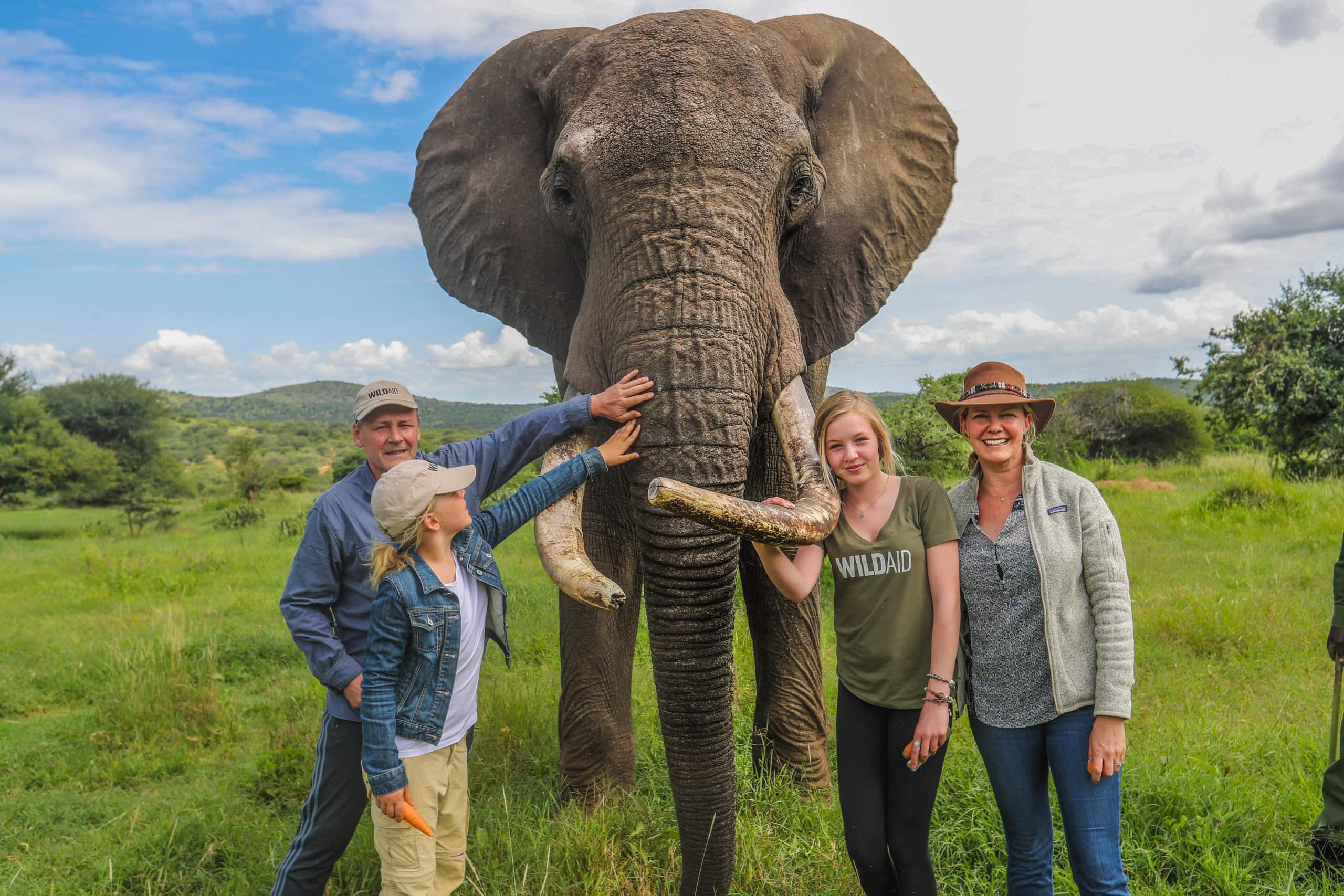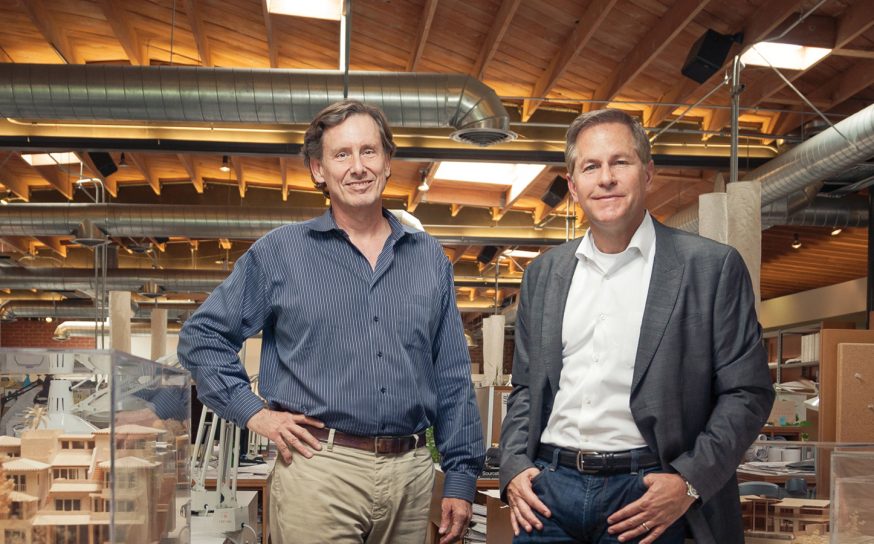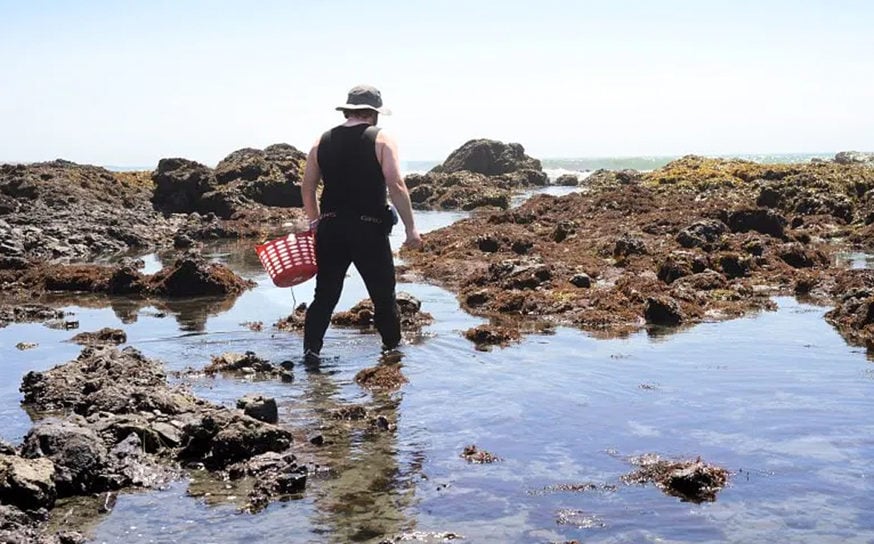A California Nonprofit Strives to Keep Endangered Species Safe From Illegal Trade
The fight of their lives.
-
CategoryGiving Back, Makers + Entrepreneurs, Sustainability
-
Written byCorry Cook
-
Photographed byKristian Schmidt for WildAid
Criminal, corrupt and cruel, the illegal wildlife trade is a multibillion-dollar global industry largely driven by consumer demand in expanding economies. Some animals, such as birds, reptiles and primates, are captured live and kept or sold as exotic pets. Other animals, many of them endangered, are killed for their commercial value as food, jewelry, décor or traditional medicine. Their only hope? People who are driven to do something about it.
Criminal, corrupt and cruel, the illegal wildlife trade is a multibillion-dollar global industry largely driven by consumer demand in expanding economies. Some animals, such as birds, reptiles and primates, are captured live and kept or sold as exotic pets. Other animals, many of them endangered, are killed for their commercial value as food, jewelry, décor or traditional medicine. Their only hope? People who are driven to do something about it.
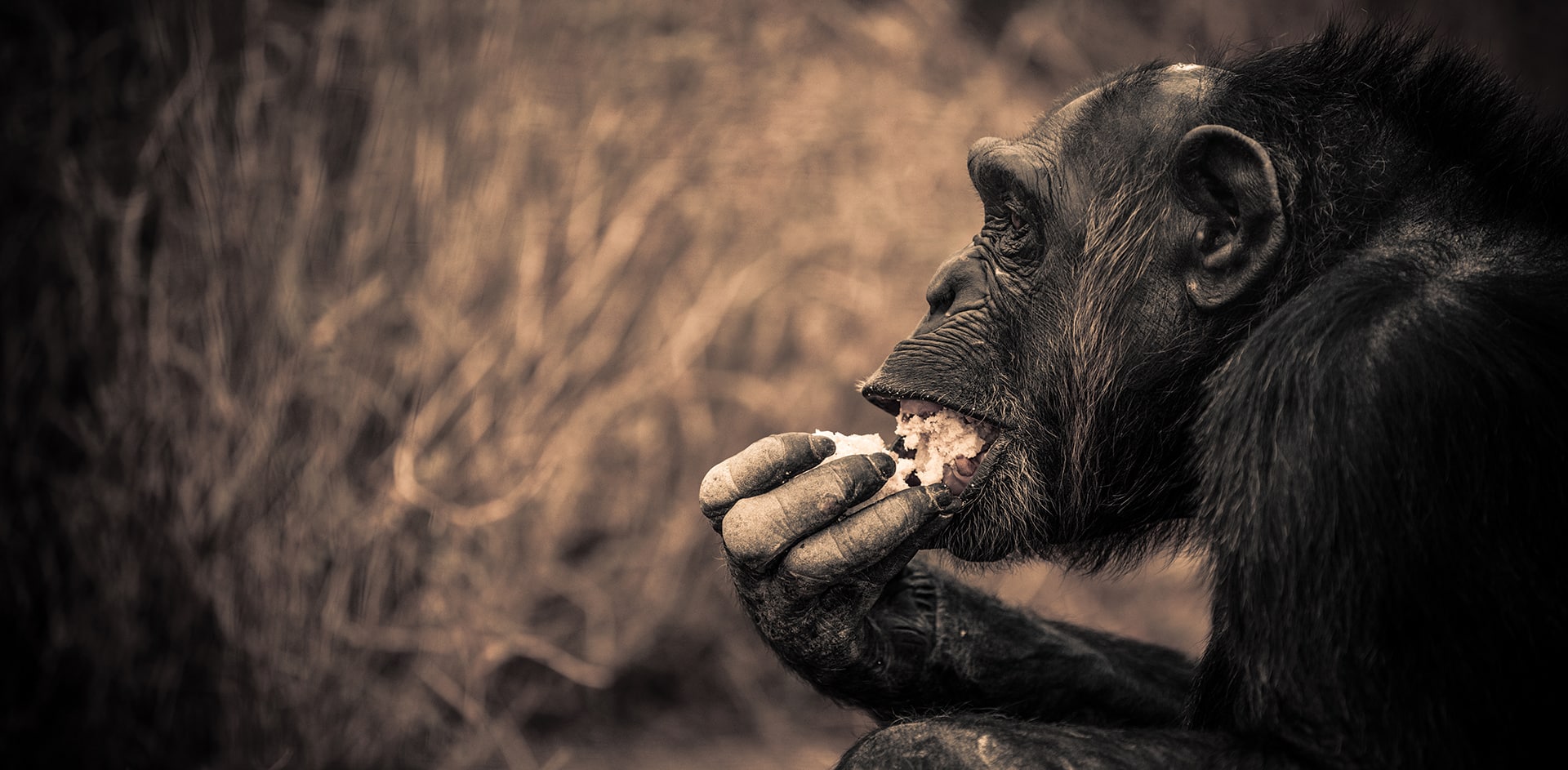
San Francisco-based husband-and-wife team Corie and Peter Knights and the staff of their nonprofit, WildAid, are wholly committed to protecting wildlife and reducing demand. For the past four years the organization has earned a perfect, 100-point score from Charity Navigator for financial transparency and efficiency; less than 1% of rated charities achieve this score. Cofounded in 2000 by Peter Knights, WildAid is one of San Francisco’s finest examples of local action creating global impact.
Dreaming about changing the world in 2021? Time spent with this impact-driven couple provides inspiration in the midst of a fight filled with adversity as well as hope.
Challenge Accepted
“As human populations approach 8 billion and beyond, we’ve decimated most populations of large wildlife—from the ocean’s sharks to the savannah’s elephants,” notes Peter, who serves as WildAid’s CEO. “We’re taking over their land and impacting them through climate change and pollution. On top of it all, we’re also still killing them to trade in their body parts. Enough is enough.”
After graduating from the London School of Economics, British-born Peter first worked on wildlife trafficking as an investigator and campaigner for the Environmental Investigation Agency. He specialized in global on-site investigations and campaigning against the trade in wild birds for pets, as well as the consumption of endangered species in traditional Chinese medicine, such as bear gallbladder, rhino horn and tiger bone.
“The ivory tusks of African elephants are carved into trinkets or display pieces,” explains Corie, the senior director of WildAid’s major gifts and events. “Meanwhile most people have never heard of pangolins, the most trafficked wild mammal in the world. They are small anteaters whose scales are ground into powder or put into medicine, which is then used to treat ailments like rheumatism or promote lactation in new mothers. All eight species of pangolins are endangered, and unless we stop the illegal trade, they could be extinct in the next decade.”
WildAid works in more than 20 countries and has more than 45 full-time staff members and a $12.5 million budget. “We chose San Francisco for the culture of caring and proximity to Silicon Valley’s entrepreneurs and thought leaders who have a passion for wildlife and the environment,” says Peter. “We are literally racing against time—every minute of every day—just trying to keep populations of vulnerable species stable or recovering. The thought of losing a species, extinction, our children’s children seeing wildlife only contained in zoos … it drives us 24/7.”
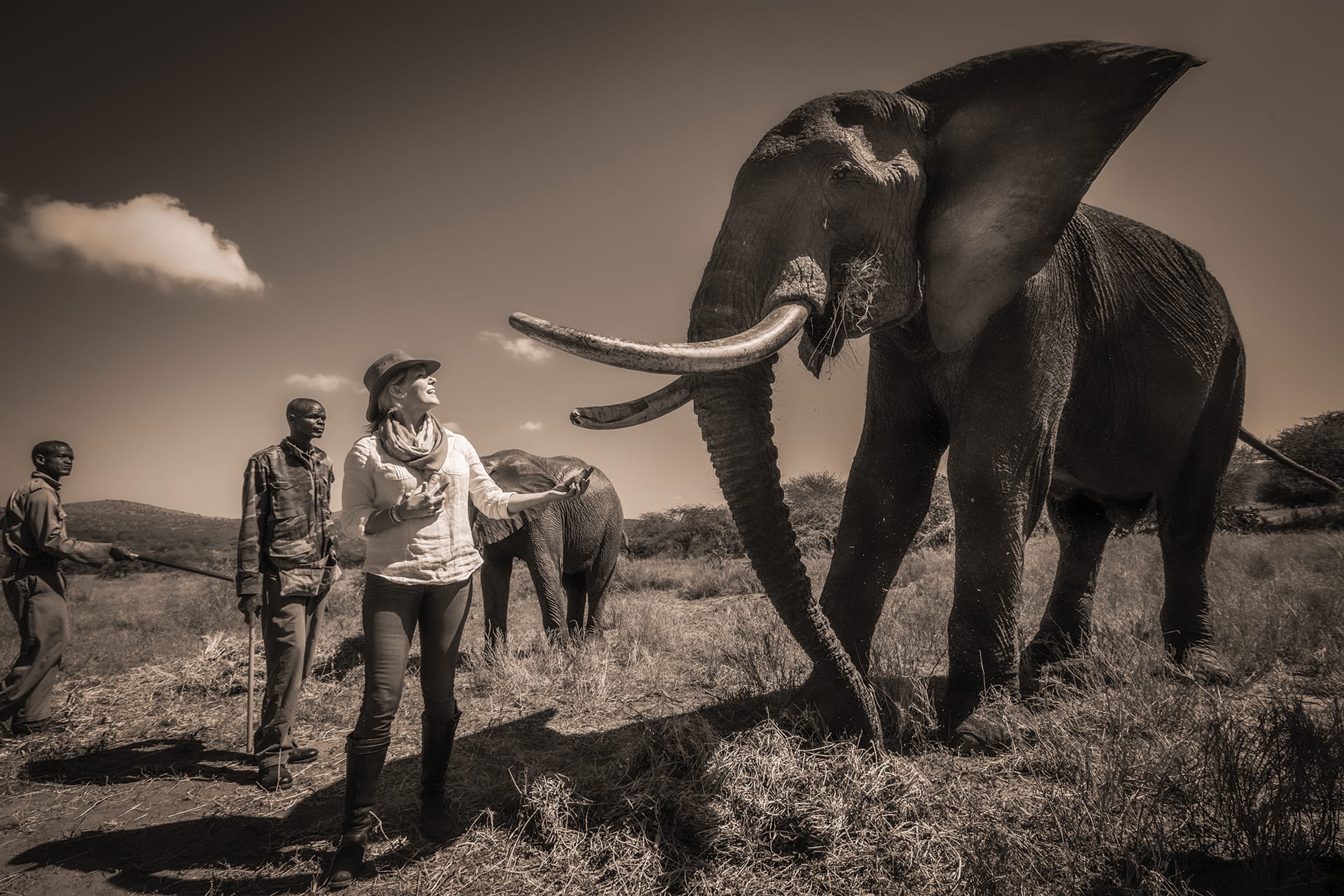
Corie Knights with an African elephant at Ol Jogi Conservancy in Kenya
Different is Good
There are many motives for poaching wildlife. Individuals and communities may not have access to employment and opportunities and are vulnerable to exploitation. Often there is a lack of awareness of how fragile populations may be and that local wildlife can support a community through tourism dollars.
Peter explains, “Having carried out numerous investigations across Asia, I discovered that many consumers of wildlife products had no idea where they were coming from or how they were obtained—believing the animal died of natural causes rather than poaching.” WildAid is often a wake-up call.
From its offices in San Francisco, WildAid runs a sophisticated and intelligent global operation. Rather than fighting the fight where these crimes occur, increasing awareness and reducing consumer demand are at the heart of WildAid’s effort.
“Our approach is not about boots on the ground, which is critically important, but it’s about addressing public perception and the economic forces behind the illegal wildlife trade,” Corie shares. “While everyone else was focusing on the supply side, we dared to ask, ‘What if you can reduce the demand for these products?’”
Doing so means WildAid continues to leverage more than $200 million annually in pro bono media support from global media partners, with campaigns reaching hundreds of millions of people each year to affect behavior change and stigmatize the use of wildlife products. They focus particularly on Asia, where a ballooning middle class can afford these products.
“We asked a top advertising agency to use the best advertising techniques to persuade people not to buy, and we approached top stars to carry the message,” Corie says. “Jackie Chan was our first ambassador, and since then we’ve recruited more than 100 icons–including California residents Leonardo DiCaprio, Bo Derek and Josh Duhamel—to carry our message: ‘When the buying stops, the killing can too.’”
In addition to its consistent nonprofit oversight accolades, WildAid’s unique approach is tracking remarkable progress. “Our work has led to shark fin imports dropping 80% since 2011 in China. The Galápagos, where officials were once seizing up to 10,000 fins at a time, is now home to the densest shark population in the world,” says Peter. “Rhino horn prices are down by 70% in Vietnam and China, and poaching has dropped. Ivory prices are down by more than 70% in Hong Kong and China.”
“Peter and I see WildAid making a difference every day,” adds Corie, “yet we have a long way to go.”
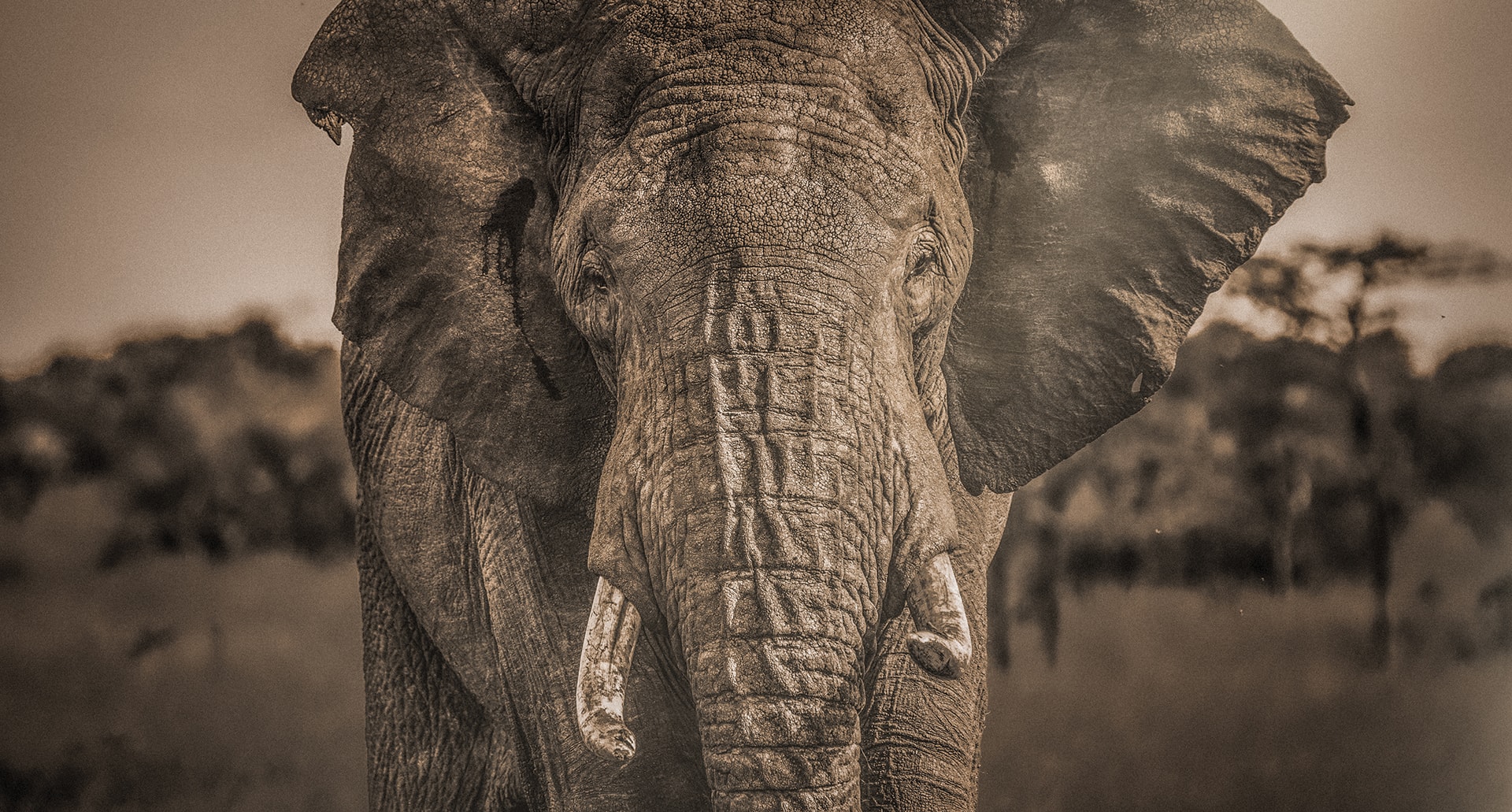
Don’t Dream It’s Over
Even on a good day, WildAid receives an onslaught of heartbreaking news related to cruelty and the illegal wildlife trade. Across Africa, although elephant and rhino poaching are down, pangolin poaching and smuggling continue unabated and thrive in hot spots like Nigeria and Cameroon. There are fewer than 20,000 lions left in the wild. No pressure.
As this challenging COVID-19 era rages on, the fight against illegal wildlife trafficking is far from won, and wars cost money. “One of the biggest misconceptions about WildAid is that, because we are blessed to work with such great celebrity ambassadors and generate so much media, we don’t need donations,” explains Corie. “However, now more than ever we depend on donations to keep WildAid’s effective programs going.”
Despite unprecedented challenges in 2020, WildAid continues to operate on grants from foundations and individual gifts—and many of those funds arrive thanks to Corie’s tireless work. “As the chief fundraiser for individual giving for WildAid—and as a mom and wife—I put a lot of pressure on myself. I want to do my best in every role. I try to balance my time, but my focus is always on WildAid, our partners on the ground and the potential of our impact if we just keep working harder,” she says. “We can never stop being nimble and creative to earn and leverage our contributions in these unprecedented times.”
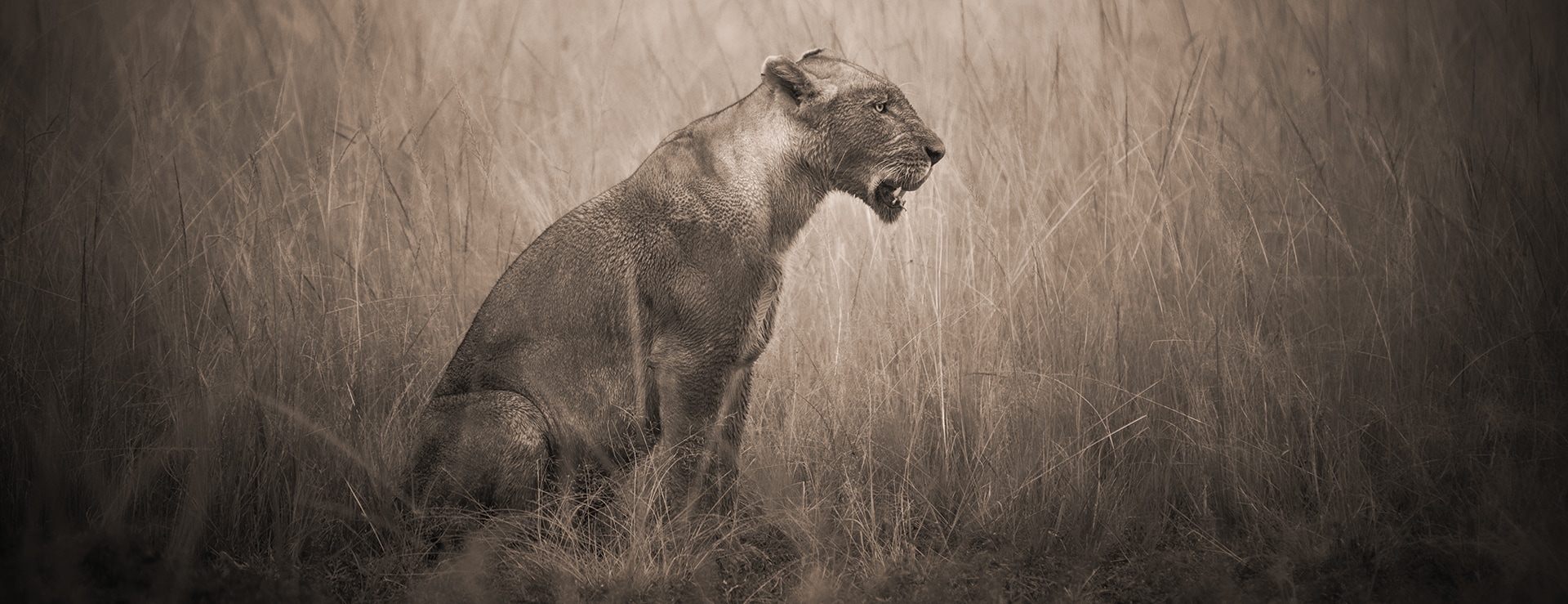
Show and Tell
For the Knights family and many working at and contributing to WildAid, deep appreciation and emotional connection to wildlife drive devotion. “My passion first became purpose on a trip to Swaziland with Peter in 2000 before WildAid began,” remembers Corie. “I looked deeply into the eyes of the majestic African elephant before me. He had wandered away from the herd and approached our jeep. We were face-to-face. I was moved to tears, and I want everyone to know that beauty and powerful connection before it is too late.”
Under Corie’s direction, one of the ways the nonprofit raises money is by taking its donors to the heart of the issues, with intimate VIP safari experiences within Africa and to the Galápagos Islands aboard the luxury yacht WildAid’s Passion. These aren’t your typical safari tours.
During these challenging times and beyond, Corie and Peter are determined to take new and lifelong donors directly to the root of WildAid’s mission, where they can experience firsthand the challenges WildAid faces and the successes it continues to achieve. WildAid offers a Once in a Lifetime expedition to South Africa, and Rwanda is a go for May 2021.
“To date Peter and I have led dozens of Californians and other wildlife lovers from around the world on over 25 expeditions to more than seven countries, raising more than $2 million for WildAid and its conservation partners,” says Corie. “Keeping all COVID-19 safety and distance protocols in mind, this VIP expedition includes going behind the scenes and exploring hands-on conservation in South Africa and Rwanda—the ‘land of a thousand hills’ and home to the majestic mountain gorilla. Join us!”
Proceeds from WildAid’s Once in a Lifetime expedition remain in Africa at the partner projects visited along the way and also benefit WildAid’s Poaching Steals From Us All campaign, which operates in nine African countries: Tanzania, Kenya, South Africa, Uganda, Gabon, Zimbabwe, Mozambique, Cameroon and Nigeria.
Face the Future
For the entire Knights family, the quality of life in the Bay Area is the key to joy this holiday season and to perseverance all year round. “Corie and I are lucky enough to have two daughters, Julia, 16, and Charlotte, 11. I think about what kind of world they will grow up in,” shares Peter. “It is important to us that our daughters see our efforts and understand the gravity of the challenge. We will never stop fighting to make the world they will live in a better place.”
No surprise both girls long to contribute. “Peter’s favorite is sharks. Charlotte and I love elephants. Julia is obsessed with whale sharks,” Corie shares. “We are a family that loves all animals.”
Q&A With Lifestyle-Driven Design Gurus KAA Design Group
Top residential architects Grant Kirkpatrick and Erik Evens talk shop, the future of design … and that one time in Saudi Arabia.
Meet the Central Coast Waterman Who Thinks You Need More Seaweed in Your Life
Get to know one the world’s only natural sources of umami.
Hispanic Heritage Month Art Exhibit Opens at San Bernardino County Museum
“UNIDOS: Inclusivity for a Stronger Nation”
Get the Latest Stories
